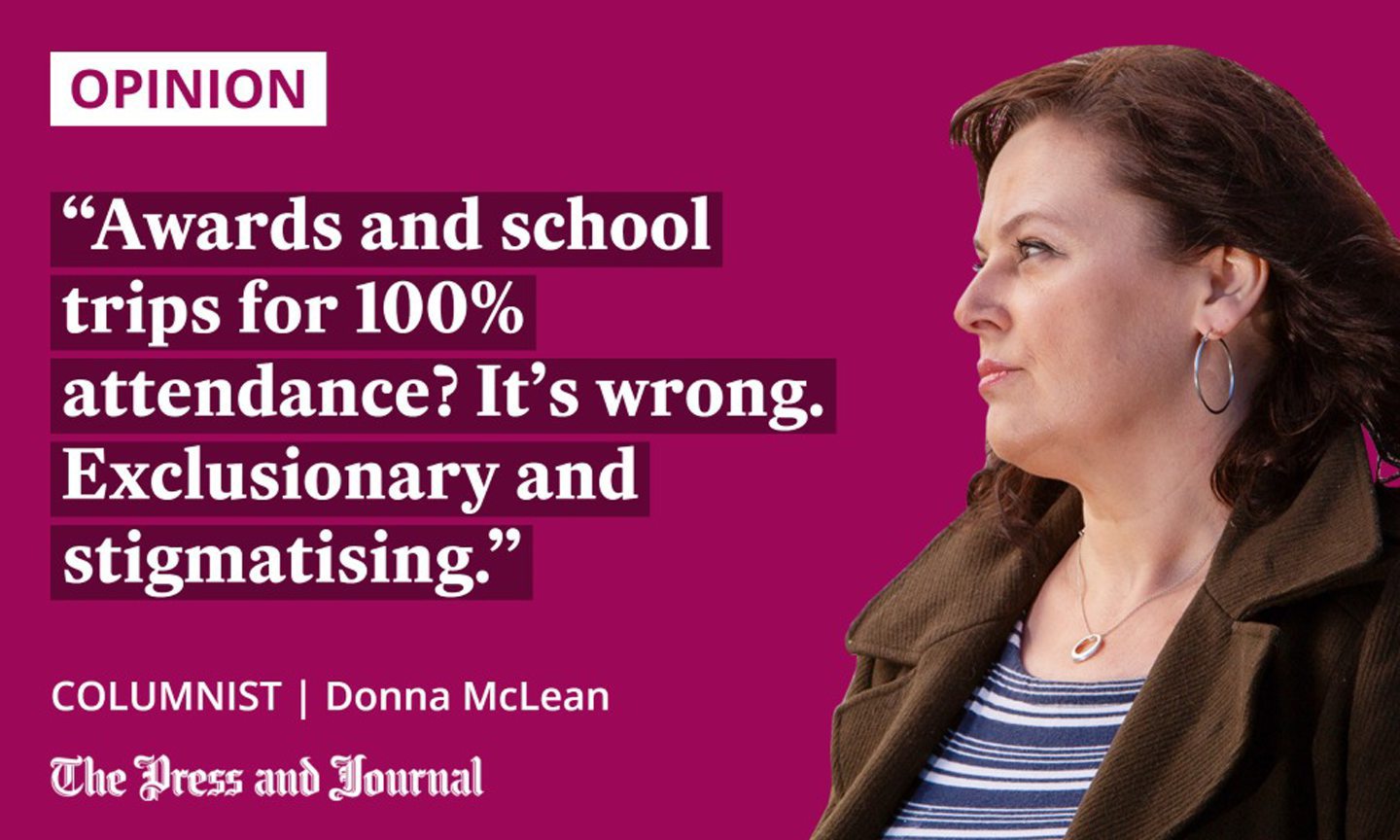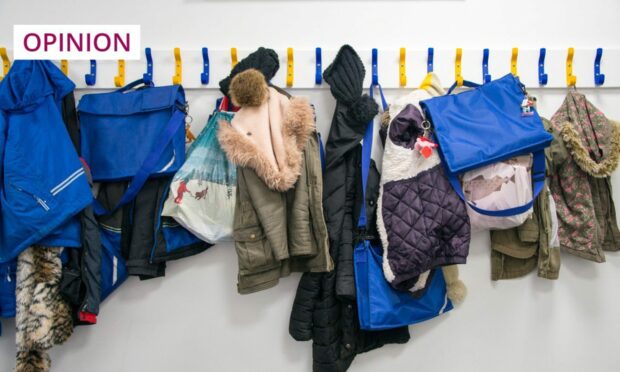School attendance rates have continued to fall across the country since the beginning of the Covid pandemic, despite pupils returning to the classroom almost two years ago.
There has undoubtedly been a rise in flu and other viruses, an increase in scarlet fever and strep A, plus unseasonal bouts of sickness bugs. And let’s not forget that Covid is still doing the rounds, with new strains continuing to emerge.
However, it also seems that the pandemic has led to a breakdown in routines and, to some extent, reduced engagement. A combination of mental health and additional needs, including family health issues, have had an impact, and many parents still err on the side of caution and keep children with cold symptoms off school.
But what does this mean for our kids? Across all four nations in the UK, experts talk about year-on-year reduced attendance as a worrying trend.
I know that my family found the return to school after lockdown difficult, initially, with one of my twins in particular finding it hard to readjust. Learning at home was easier, in many ways, without the noise and distractions. I don’t feel there were any ramifications in terms of their academic achievement.

But the other problem we had to contend with related to new health issues that emerged as a result of Covid itself. In my experience, the parameters on attendance were not realigned to match a post-Covid landscape, where many young people returned to school with weakened immunity and/or new health concerns.
Attendance is usually seen as a problem if it falls below 90% – an average of one day of absence per fortnight. Anyone with a long-term condition will tell you that this is simply not always achievable.
When my kids were in primary school, I railed against those dreadful “attendance” awards. This was more on principle that anything else, as it was still pre-Covid, and both of my children were mostly healthy.
But, awards and school trips for 100% attendance? It’s wrong. Exclusionary and stigmatising. As well as ongoing health conditions, there are other factors to consider: the school environment not adequately accommodating neurodivergence, school anxiety, bullying, family problems, housing issues, job losses, bereavement. Not to mention poverty, which is almost the elephant in the room when it comes to attendance.
Where there are huge stresses around money and debt, of course routine suffers. If you don’t have a clean shirt or food in your belly, the regimented environment of the classroom isn’t always an attractive option.
Pupils should be supported rather than being punished
Overall, school attendance has dropped in Scotland since the disruption of the pandemic. However, across Glasgow, children who miss school for sustained periods (and their families) are being supported rather than being punished, as part of an innovative scheme. Psychologists and community workers visit pupils at home to help with anxiety, stress and mental health issues.
Called Reach, the 12-month pilot, which began in December 2022, focuses on children whose attendance is less than 60%, and provides one-to-one support to at least 250 pupils, in both primary and secondary schools. The aim is to intervene early, to offer tailored support to young people, and help divert them from much worse outcomes and more expensive interventions.
Rather than looking at more punitive measures for absence, which are now being put forward in England, the Reach scheme chooses not to consider poor attendance a problem. It recognises that punishing families for non-attendance doesn’t work, and instead looks to address the underlying reasons for “emotionally based school non-attendance”, when a child struggles to go to school regularly because of stress or other wellbeing factors.
The big stick approach doesn’t work
It appears highly likely that Covid prevented a lot of young people from experiencing normal, age-appropriate opportunities, because they were stuck at home. It seems that the full impact of that hasn’t really been measured yet. We can’t address something until we know what we’re dealing with.
Approaches like fining parents and threatening court action simply add to family stress. Across Scotland, education authorities need to put in place a range of strategies along the lines of the Reach scheme, to support young people who have found it very difficult to settle back into some kind of routine in school.
Our young people need support, and our schools need the resources and permission to work innovatively with absence issues
We all got tired of hearing the phrase “unprecedented times”, but the reality is we have lived through – and continue to live with – a once-in-a-lifetime pandemic. The world has shifted since 2020, and (certainly for most people on a low income) not for the better.
Our young people need support, and our schools need the resources and permission to work innovatively with absence issues. The big stick approach doesn’t work.
It will be interesting to see the outcomes of the Glasgow pilot. Children’s education and wellbeing should never be reduced to a box-ticking exercise.
Donna McLean is originally from Ayrshire and is a mum of twins, writer and activist

Conversation